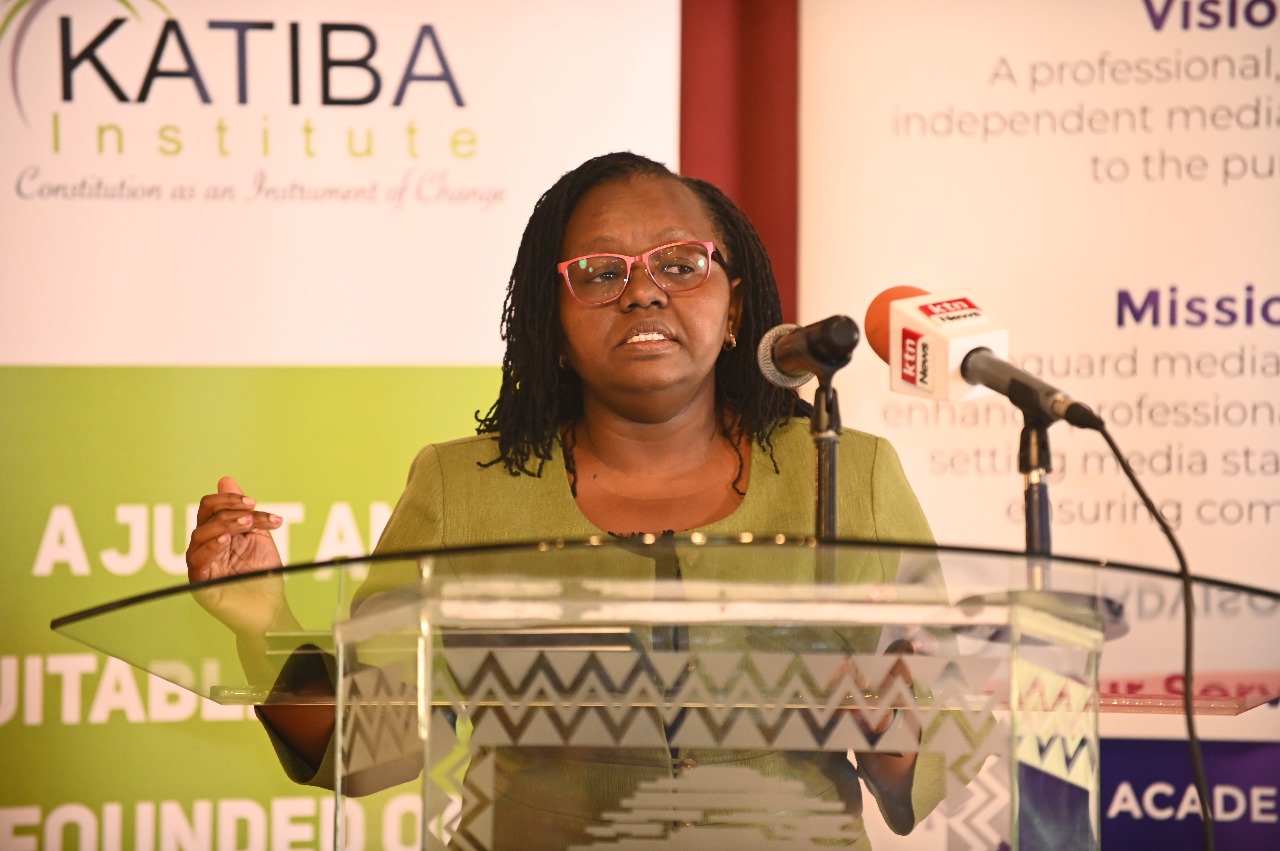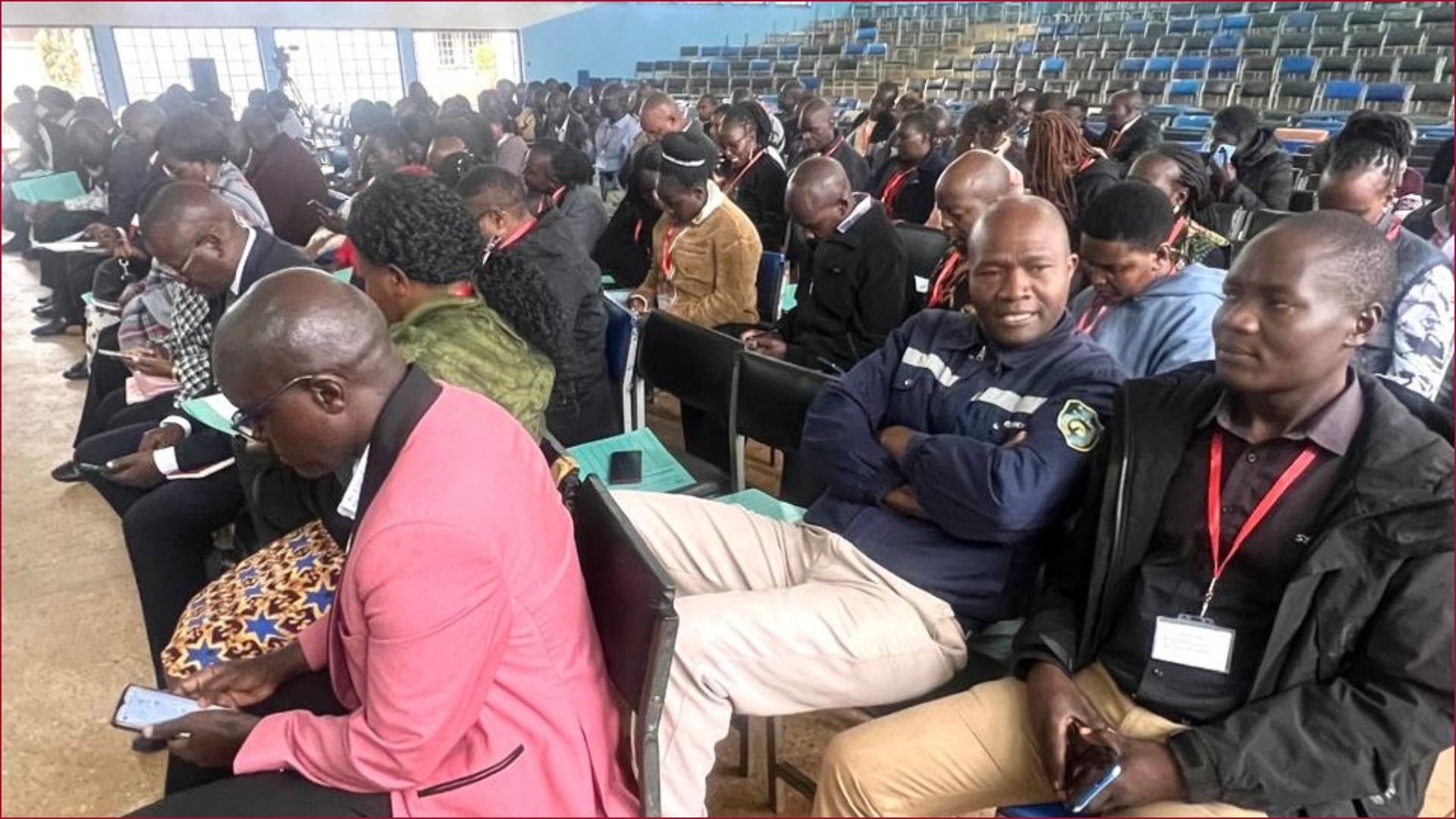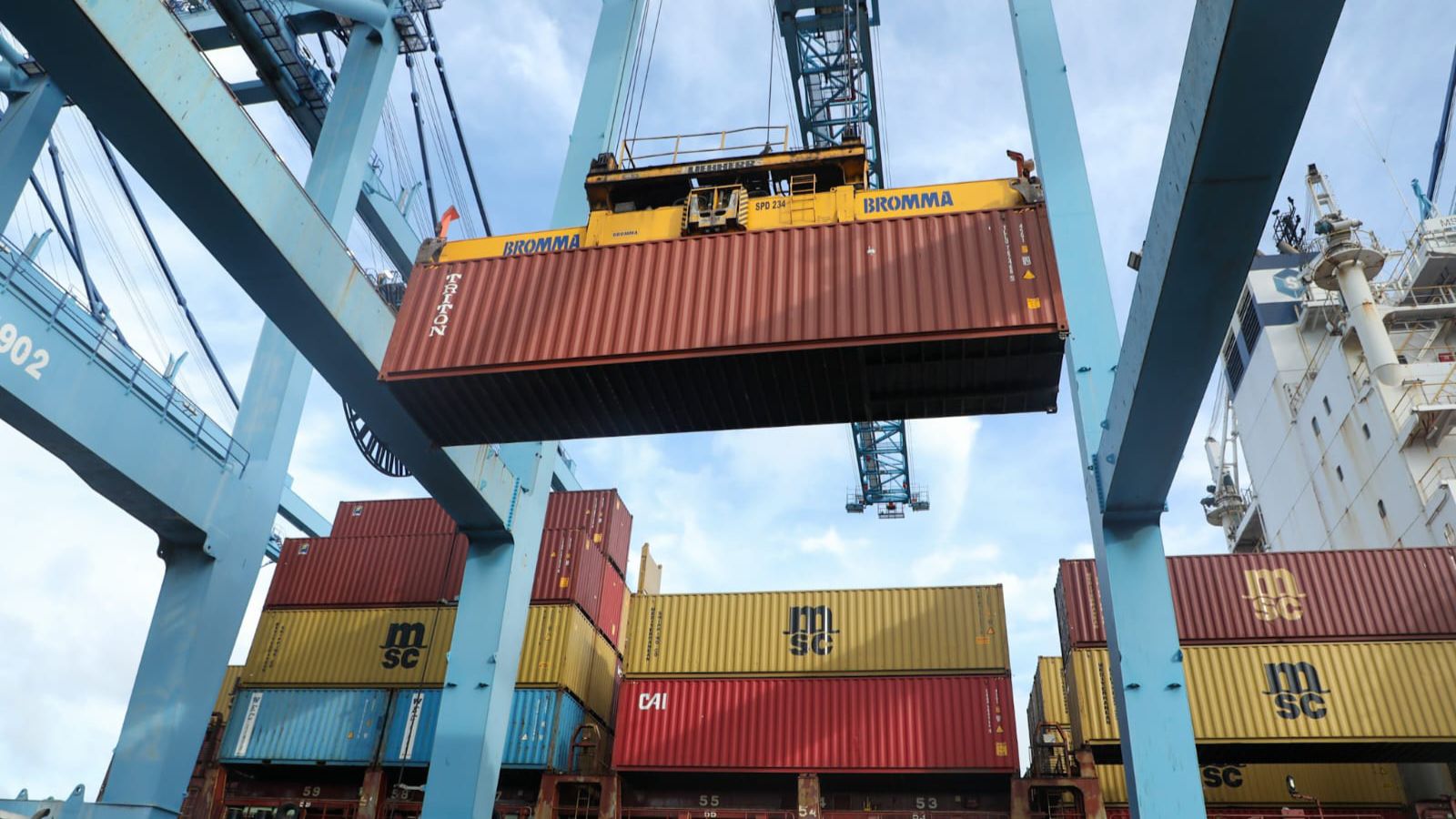Katiba Institute (KI) in partnership with the Media Council of Kenya (MCK) on Friday, September 27, commemorated the 2024 International Day for Universal Access to Information (IDUAI) at Safari Park Hotel in Nairobi County.
Themed "Mainstreaming Access to Information and Participation in a Digitised Public Sector," media stakeholders and partners emphasized the need for reforms and compliance to ensure timely access to information from public entities.
Katiba Institute Acting Executive Director, Christine Kuria, highlighted the importance of access to information in achieving good governance and accountability, stressing that without it, the legality and legitimacy of public decision-making are compromised.
Kuria further underscored the urgent need for constitutional transformation to safeguard these rights.
"The obligation to ensure meaningful participation requires prior and proactive provision of information to the public. As Article 35 underlines, the duty of public entities is to both publish and publicise all information important to the public," Kuria remarked.
Read More
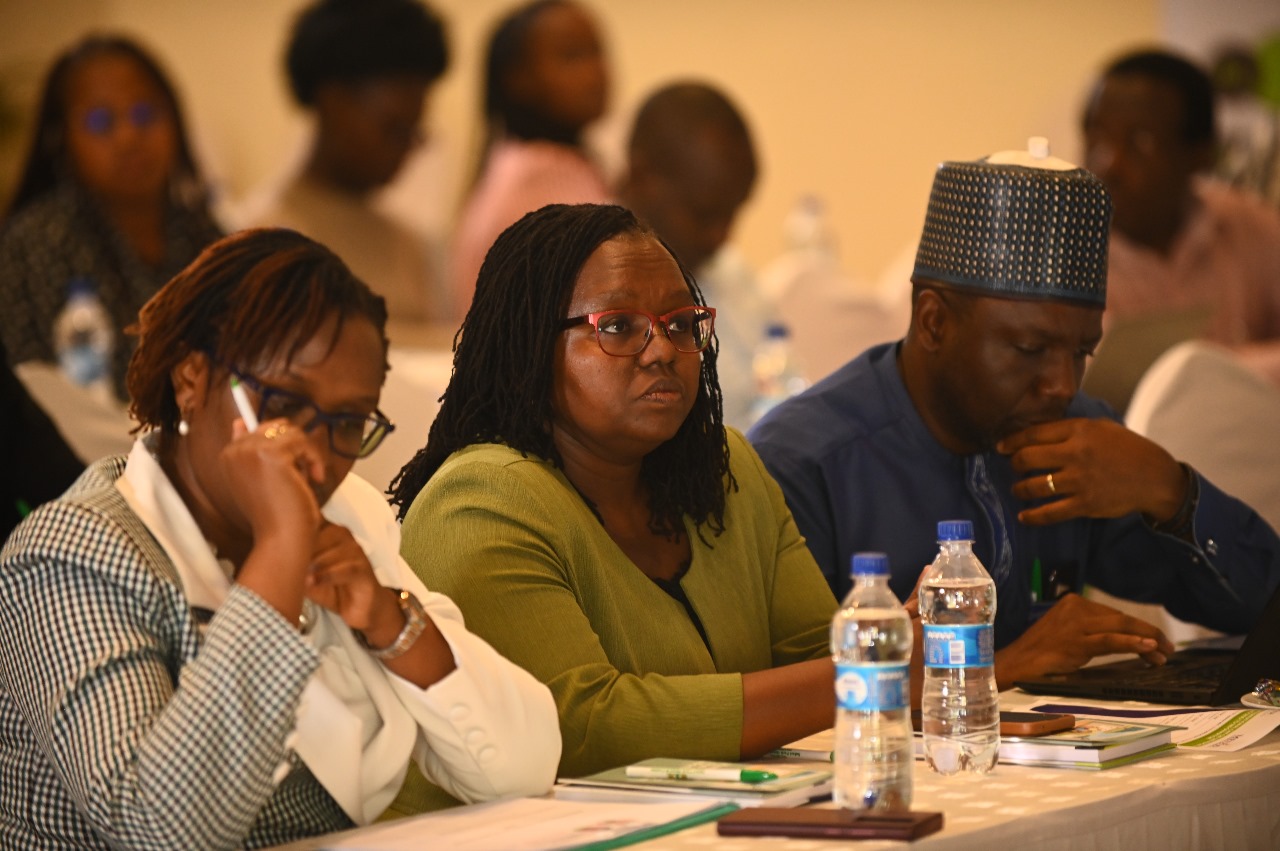
She added, "Disregarding access to information and public participation undermines not only the legality but also the legitimacy of public decision-making. This principle is rooted in the Constitution, which emphasizes the centrality and sovereignty of the people."
The Katiba Institute's Acting Executive Director emphasized that a digitized public sector has significant potential for public benefit, as it would make information more accessible by eliminating barriers like physical inaccessibility.
She noted that despite the constitutional protection of the right of access to information and the enactment of enabling laws, significant gaps remain.
On her part, Rosalia Omungo, the Chief Executive Officer Kenya Editors’ Guild, called on the sensitisation of the public on their right to information.
"The Access to Information Act 2016 requires government agencies to make information freely accessible. The provisions of the Act need to be publicized more, to ensure a more sensitized society. Sensitised on their rights," Omungo explained.
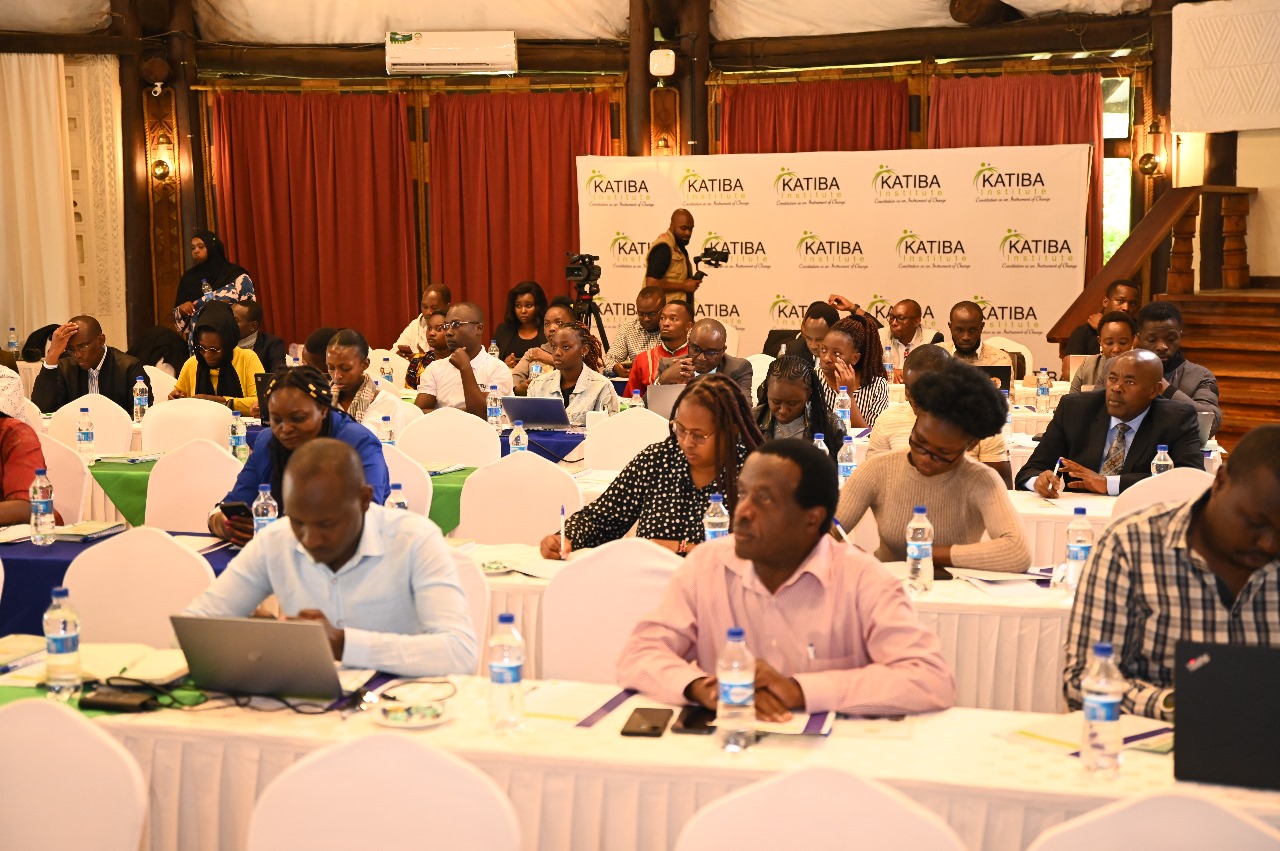
She, however, stated that news outlets needed to maintain integrity in the processes of access to digital information and called for innovative ways for storytelling as one way to mainstream access to information.
The Commission on Administrative Justice (Office of the Ombudsman) Chief Executive Officer, Ms. Mercy Wambua, disclosed that progress has been made towards the realization of the right of access to information in the public sector, including the presence of a legal framework.
"The established ATI legal framework has greatly enabled progressive transition to open governance and thus mainstreaming ATI and public participation in the public sector. Some of the important enabling legal measures taken include the guarantee of the right to information in the Constitution giving the right maximum weight and impetus required to drive change and the Clear and express framework in the ATI Act, 2016 defining the right, scope and obligations on information disclosure," she stated.
Ms. Wambua mentioned that based on reports received by the Commission 249,424 requests for information made by citizens have been processed by public institutions with 92.8% of requests being granted.
She called on public institutions to embrace innovative approaches, emerging technologies and leverage community networks to enhance information sharing for effective citizen participation in governance and development.
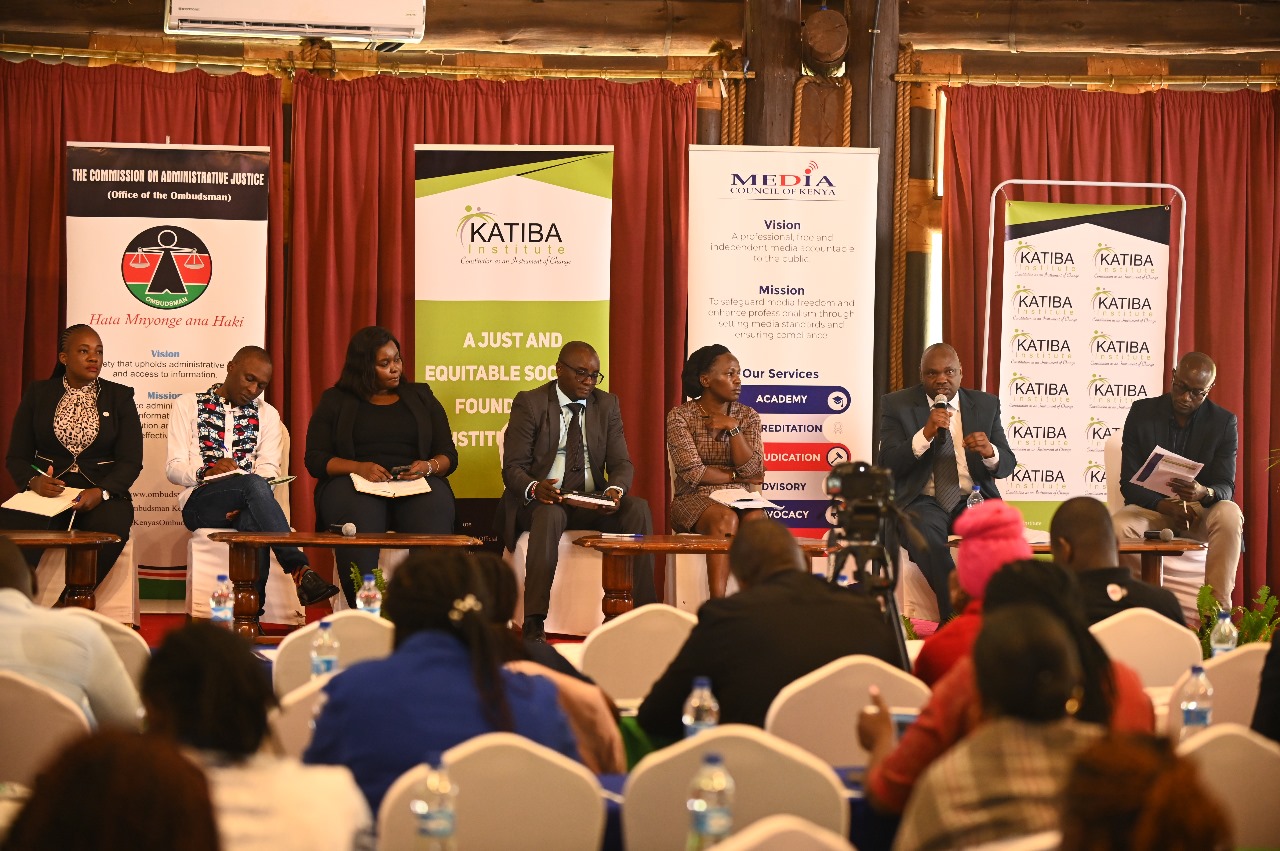
On the panel discussion, Katiba's Patriciah Joseph said that compliance remains the biggest challenge, especially securing sensitive information from government officials.
Journalist Duncan Khaemba, who was part of the panel discussion, mentioned that despite the law, journalists still face a difficult time accessing information from public officials.
Khaemba cited the example of the Standard Gauge Railway (SGR) contract which former President Uhuru Kenyatta promised to make public but he never fulfilled the commitment until he left office.
He also mentioned the controversial proposal by the Adani Group to manage Jomo Kenyatta International Airport (JKIA) which both Kenyans and the legislators are having a difficult time getting a hold of the proposal from the Government.
Other panelists raised the issue of accessing accurate information with the challenge of false information that is being perpetuated online with calls for fact-checking before sharing online.
IDUAI is observed to emphasize the fundamental right to access information held by public and private entities to promote transparency, accountability, and good governance.
